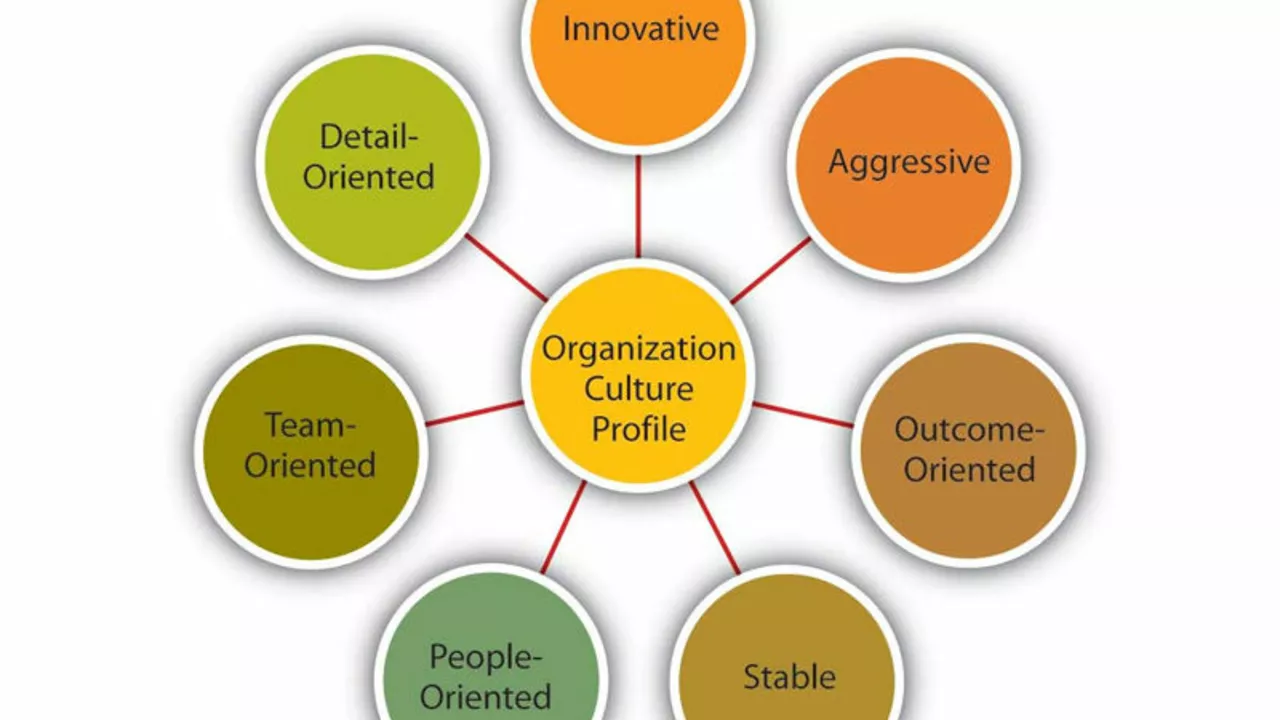Understanding the Concept of Culture
Before we delve into understanding why culture is important, it's crucial to first define what culture is. Culture refers to the shared beliefs, customs, practices, and social behavior of a particular group or society. It includes everything from language, religion, cuisine, social habits, music, and arts. It's like the invisible thread that connects people in a society, offering an identity and a sense of belonging.
The Role of Culture in Shaping Identity
Culture plays a crucial role in shaping our identity. It is the foundation of our beliefs, ideologies, and values. From the moment we are born, we are shaped and influenced by the culture we are brought into. This involves everything from the language we speak to the traditions we follow, and the rituals we participate in. Our culture dictates our behavior, our perceptions, and our views of the world.
Culture and Community
Culture is the glue that holds a community together. It creates a sense of unity and belonging among its members. Each community has its own unique culture that distinguishes it from others. This distinct culture is often expressed through practices, festivals, and rituals that are exclusive to that community. It brings people together and fosters a sense of solidarity.
How Culture Shapes our Worldview
Our culture has a significant influence on our worldview. It determines how we perceive and interpret the world around us. It shapes our values, beliefs, and attitudes towards different aspects of life. It influences our understanding of morality, ethics, and what we consider to be right or wrong. It also influences our social interactions and relationships with others.
The Influence of Culture on Communication
Culture greatly affects how we communicate. It dictates the language we speak, the gestures we use, and the way we express our thoughts and feelings. Understanding a culture's communication style can help us avoid misunderstandings and communicate more effectively with people from that culture. It's also important in a globalized world where we frequently interact with people from different cultural backgrounds.
Culture and Social Norms
Culture establishes the social norms and rules that govern behavior within a society. These norms define what is considered acceptable or unacceptable behavior in that society. They guide our actions, interactions, and reactions. Violating these norms can lead to social penalties, while adhering to them can lead to social acceptance and approval.
The Impact of Culture on Decision Making
Culture also influences our decision-making process. It shapes our preferences, attitudes, and behaviors, which in turn affect our decisions. For instance, our cultural background might influence our food choices, clothing styles, or our approach to problem-solving. It can also affect our attitudes towards money, health, education, and other important aspects of life.
The Role of Culture in Conflict and Conflict Resolution
Culture plays a significant role in conflict and its resolution. Cultural misunderstandings or differences can often lead to conflicts. On the other hand, understanding and respecting other cultures can help resolve conflicts. It promotes tolerance, understanding, and peaceful coexistence among different cultural groups.
Preserving Cultural Heritage
Preserving cultural heritage is vital for maintaining cultural diversity and fostering mutual understanding among different cultures. It allows us to appreciate and learn from the wisdom, experiences, and creativity of past generations. It also plays a key role in shaping our identity and giving us a sense of belonging. In a rapidly changing world, preserving our cultural heritage helps us stay connected to our roots and maintain our unique cultural identity.






